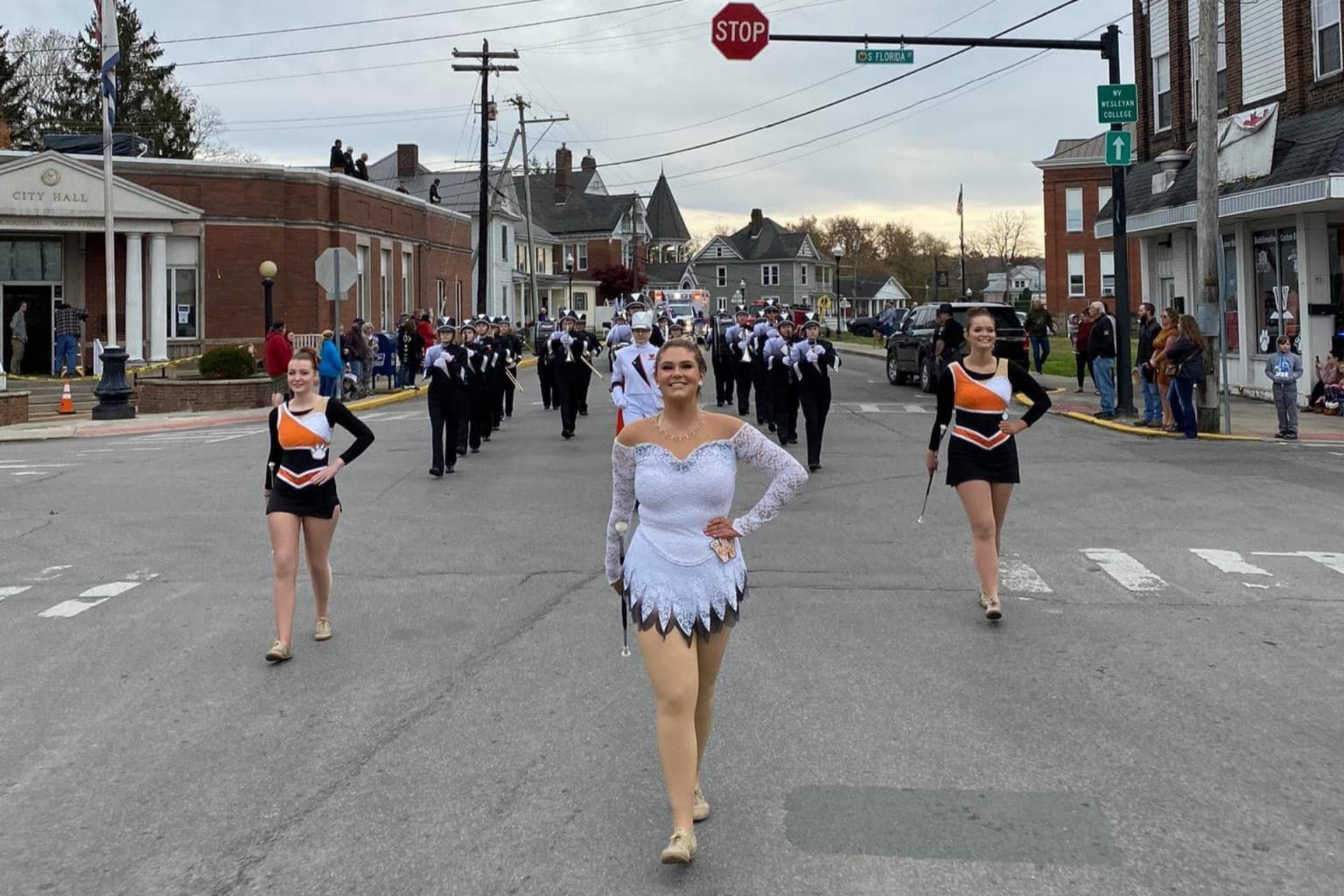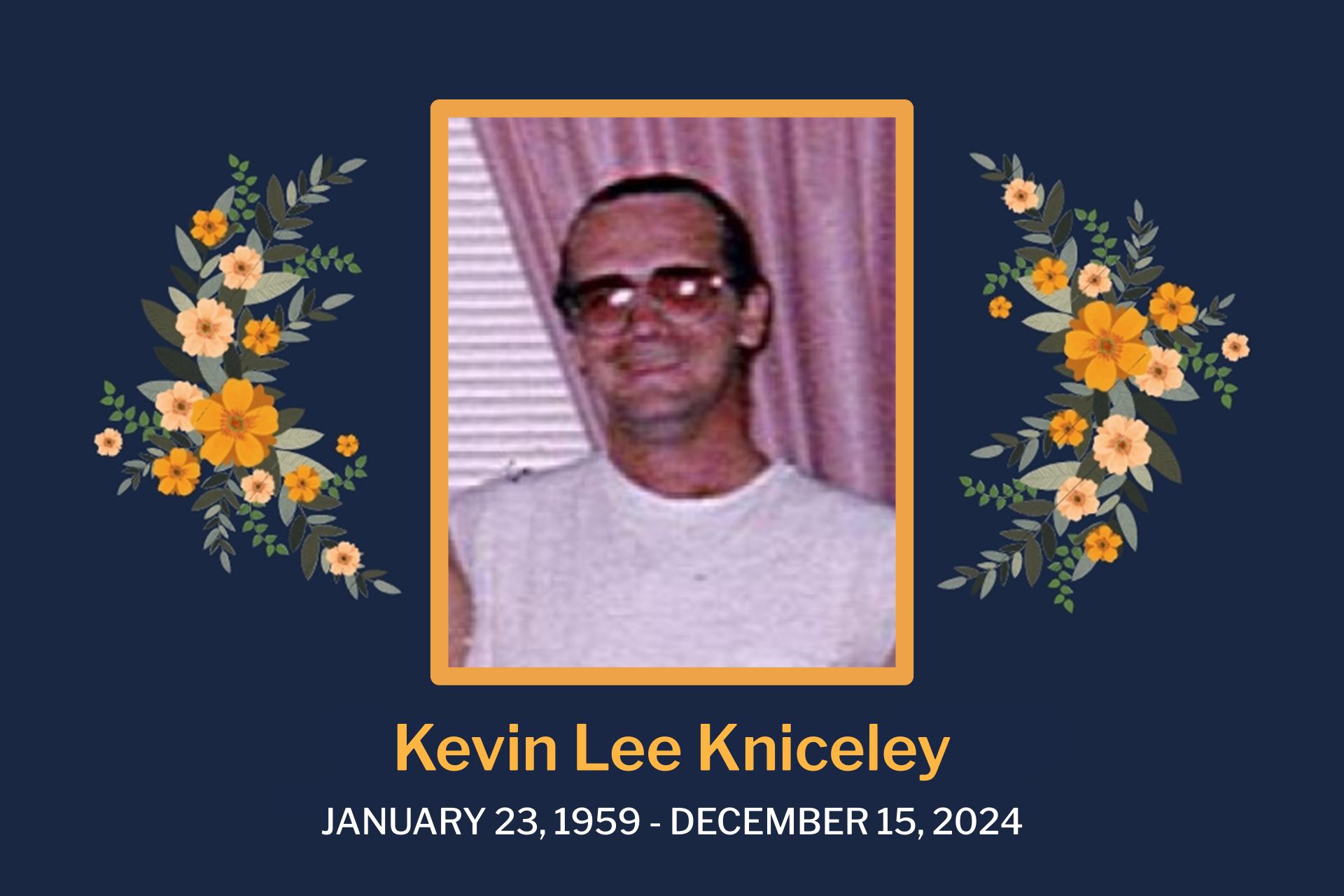CHARLESTON, W.Va. – The West Virginia Department of Health and Human Resources (DHHR) reminds residents of support available for caregivers of children in foster care. Through programs administered by DHHR’s Bureau for Family Assistance, foster families may be eligible to receive help meeting nutritional needs, child care, school clothing, and more.
“Foster care families provide critical support to West Virginia children and youth, and these resources can help them address potential financial concerns so that they can continue their important work,” said Janie Cole, Commissioner of DHHR’s Bureau for Family Assistance.
The Supplemental Nutrition Assistance Program (SNAP) provides monthly benefits to qualifying families that can be used for the purchase of food. Cash benefits are available for qualifying caretaker relatives through WV WORKS, West Virginia’s Temporary Assistance for Needy Families (TANF) program, which also provides supportive services to help with the cost of caring for a child. Applications for SNAP and WV WORKS can be made at wvpath.wv.gov or at a DHHR county office.
Foster families in which both parents are engaged in work or education may qualify for assistance with child care costs. Assistance is available for foster families with assets of less than $1 million. Foster families are encouraged to contact their local Child Care Resource & Referral Agency to apply and for help with locating a high quality child care provider.
Foster families in which both parents are engaged in work or education may qualify for assistance with child care costs. Assistance is available for foster families with assets of less than $1 million. Foster families are encouraged to contact their local Child Care Resource & Referral Agency to apply and for help with locating a high quality child care provider.
West Virginia is one of only three states nationwide that provides a School Clothing Allowance for qualifying families, including foster families. This annual benefit of $200 per eligible child is automatically provided to the parents or guardians of children in foster care and families with children receiving benefits under the WV WORKS program, as well as to families with school aged children receiving SNAP that qualify by income.
Foster families may find additional support through Family Support Centers, which are funded by DHHR’s Bureau for Family Assistance. Services at each center vary, but typically include support groups, play groups for children, parenting education classes, respite services, and more. Family Support Centers also can help with nutritional and hygiene needs.
Foster and kinship families can also utilize Mission WV for assistance with legal and financial resources, kinship navigators, and clothing assistance.
In addition to financial resources, DHHR’s Bureau for Family Assistance coordinates with DHHR’s Bureau for Public Health – Office of Maternal, Child, and Family Health and Bureau for Medical Services (WV Medicaid) to ensure high-quality comprehensive healthcare for children in foster care. Mental and behavioral health support for West Virginia children is also available.
Many of these resources are highlighted in a recent survey of foster caregivers.
Those interested in foster care opportunities can contact Mission WV at 866-CALL-MWV. To view and apply for DHHR career opportunities, visit dhhr.wv.gov/Pages/Career-Opportunities.aspx.

















